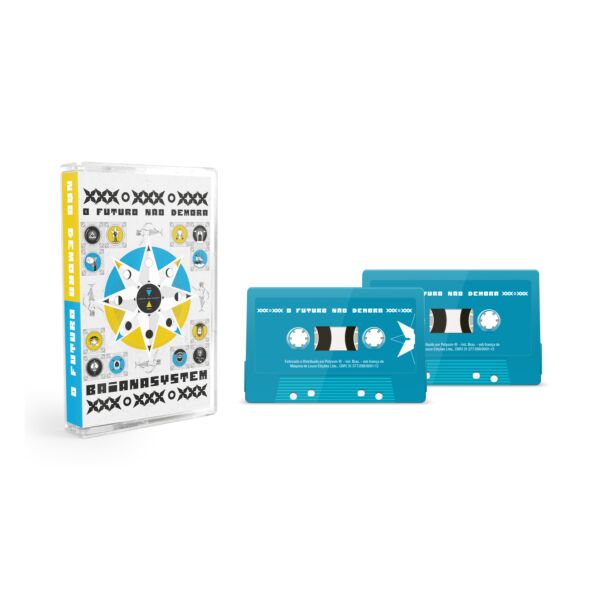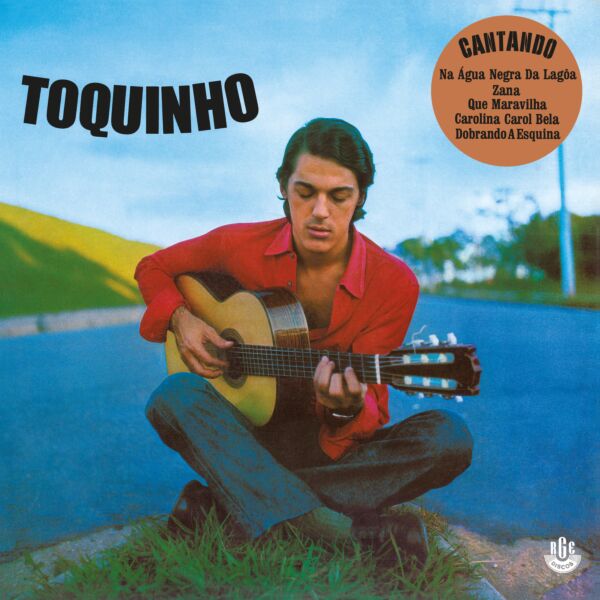
ORQUESTRA AFRO-BRASILEIRA (1968)
Inspiration from African culture has led to the creation of various icons in the arts in Brazil. Music was no different. In 1968, upon releasing their self-titled second album, the Orquestra Afro Brasileira contributed yet another absolute classic, a rarity that Polysom is reissuing this year as part of the “Classics on Vinyl” collection.
| Genre | Latin Funk Soul |
|---|---|
| Style | Samba |
| Format | VINYL |
| Cat. no | 331601 |
| Label | POLYSOM (BRAZIL) |
| Artist | ORQUESTRA AFRO-BRASILEIRA |
| Release Date | 18/08/2014 |
| Carrier | LP |
| Barcode | 7898324308925 |
| Pressing | Brazil |
Out of stock
Tracklisting
ORQUESTRA AFRO-BRASILEIRA (1968)
Show more tracks Show less tracks + -
Album or track playing
Inspiration from African culture has led to the creation of various icons in the arts in Brazil. Music was no different. In 1968, upon releasing their self-titled second album, the Orquestra Afro Brasileira contributed yet another absolute classic, a rarity that Polysom is reissuing this year as part of the “Classics on Vinyl” collection.
From the recommendation of producer Kassin, the factory enlisted several vinyl enthusiasts to ensure that the record stayed as close to the original as possible, in a process that took six months. To begin, when licensing the reissue, Sony provided the original graphic design and the audio master they had: a half-inch tape with three recording channels—a format that is quite rare but was very common in the old CBS studios (now Sony) during the 1960s. In Brazil, no recorder was found that could reproduce this type of tape. The solution came from a tip given by Argentine engineer Leandro Gonzales, owner of the acetate cutting studio Dubstereo in New York: a company called Sonicraft A2DX Lab, located in New Jersey, would have the capability to copy any analog tape. After several contacts, questions, and answers, the tape was sent and duly copied into high-fidelity digital format. The work done by Sonicraft was fantastic. Back in Brazil, the audio was then remixed at Estúdios Tambor, using the original album as a reference.
The Orquestra Afro Brasileira released only two albums and was led by conductor Abigail Cecílio de Moura, who composed its 12 tracks. Their sound promotes and preserves music with Black characteristics, mixing rhythms such as opanijé (a rhythm special for “Omolu”), alujá (a rhythm special for “Xangô”), culminating in Afro-Brazilian polyrhythm, whose foundation is drawn from Afro-Brazilian liturgical ceremonies. For this, the orchestra utilized Western instruments, such as saxophones and clarinets, along with primitive instruments: urucungo, angona-puíta, agogô, gonguê, rum, rumpi, lê, afoxê, adjá, berimbau, and ganzá. The songs are sung in Bantu, Nagô, Nheengatu, and Portuguese.
This is an album of great musical value and a true national treasure that returns to shelves this year.










